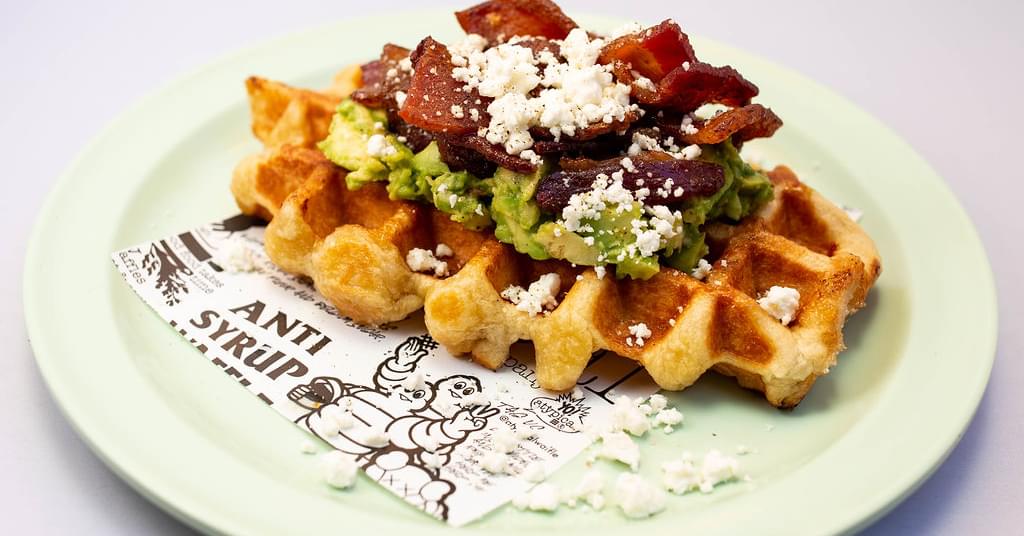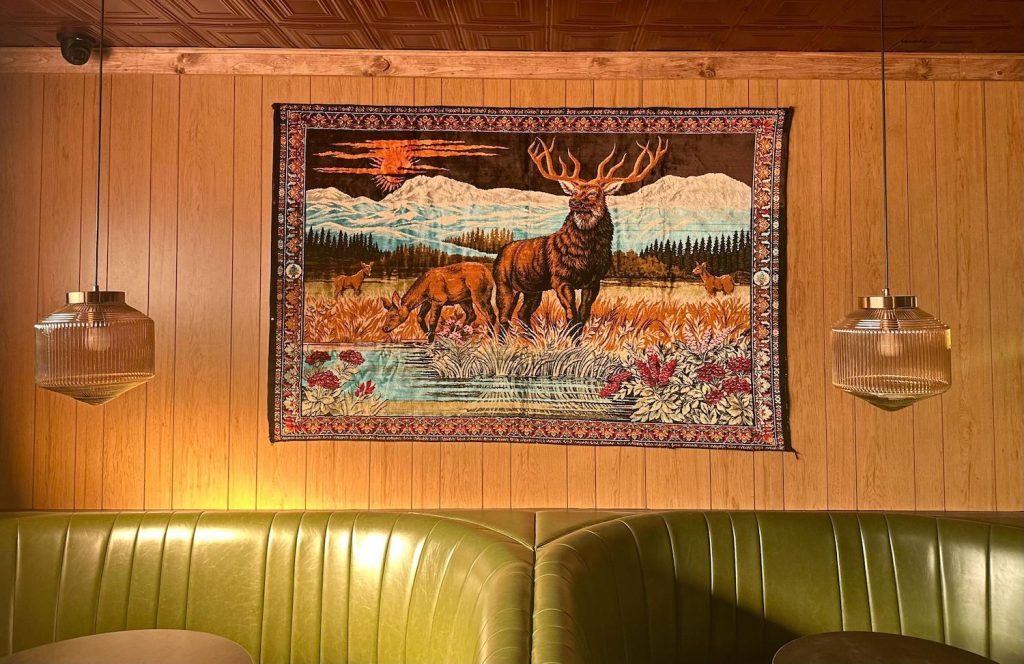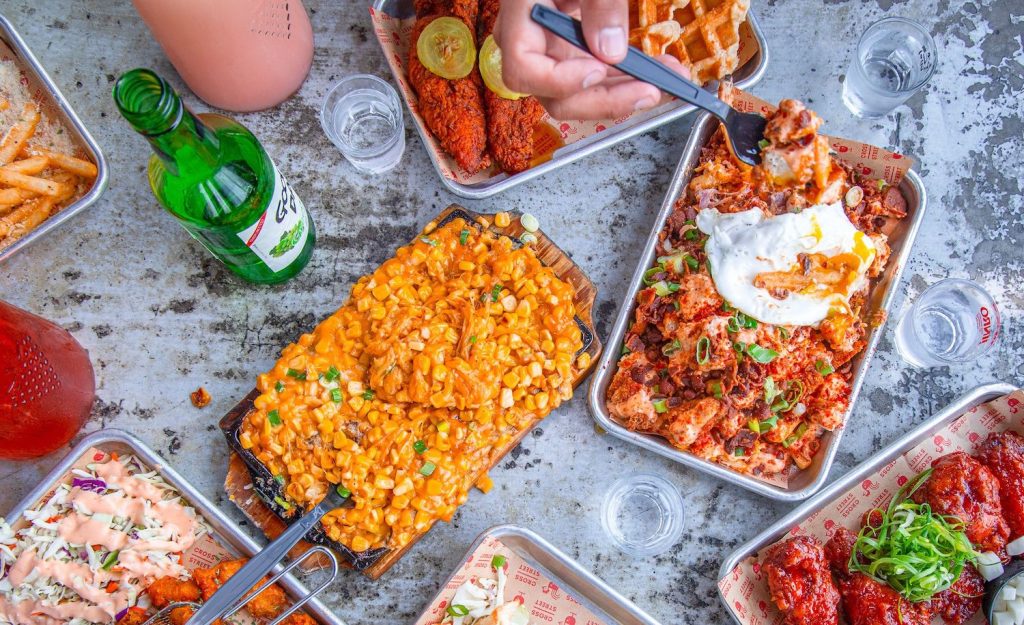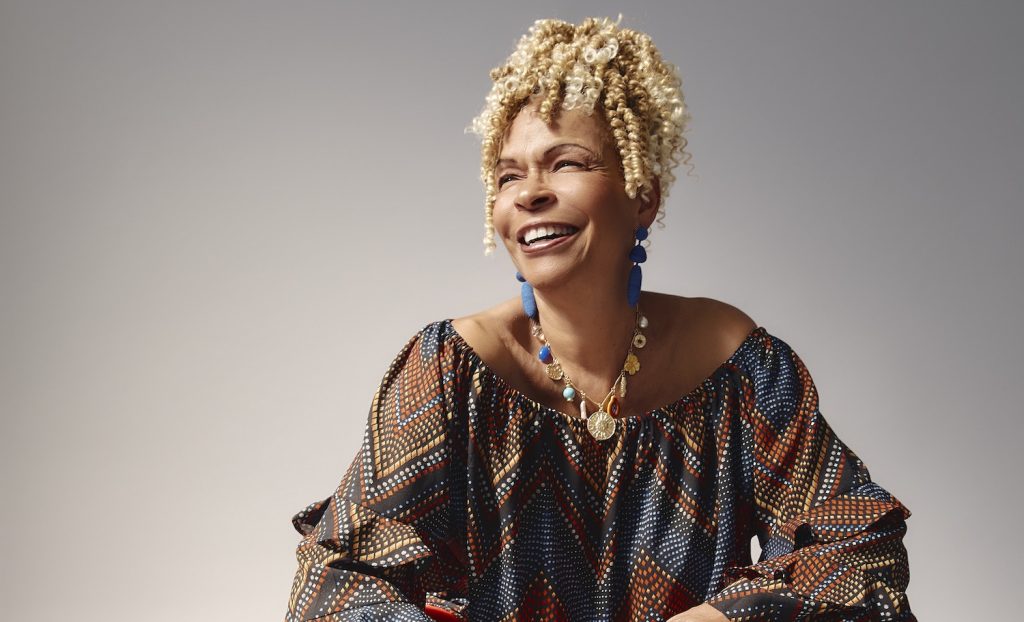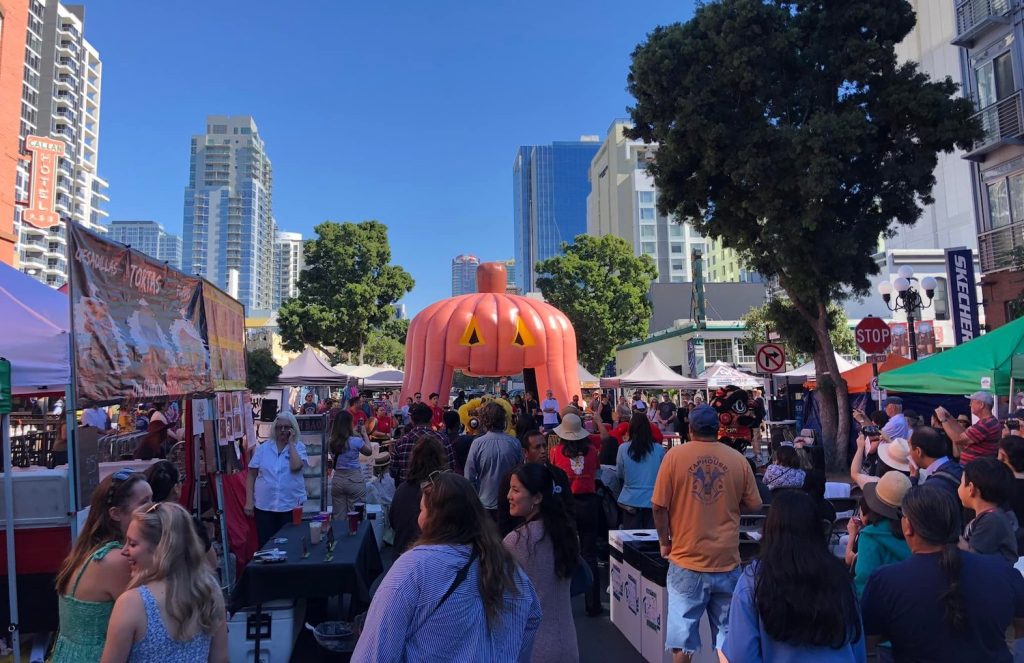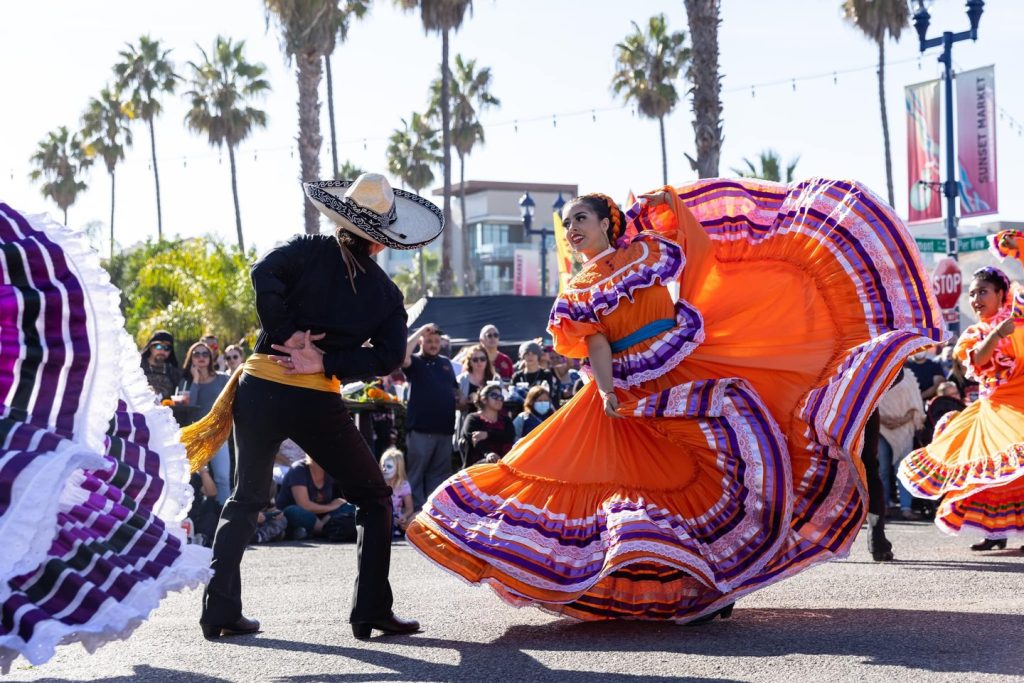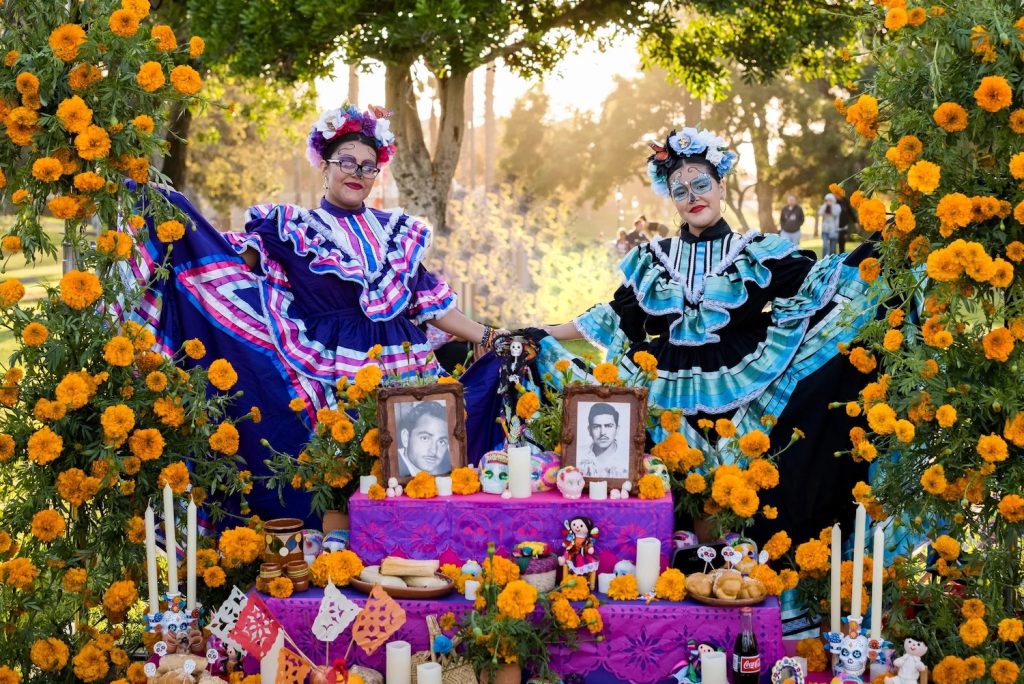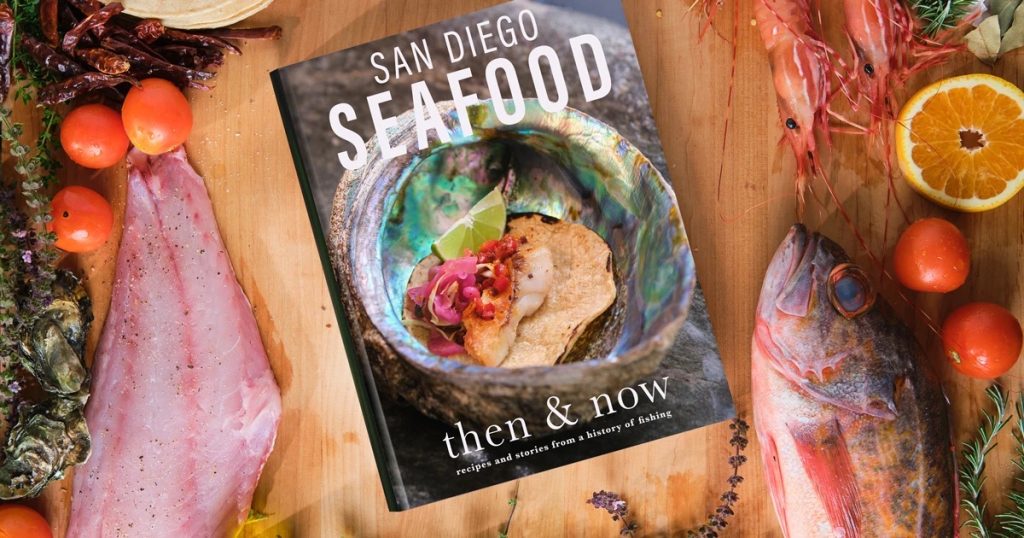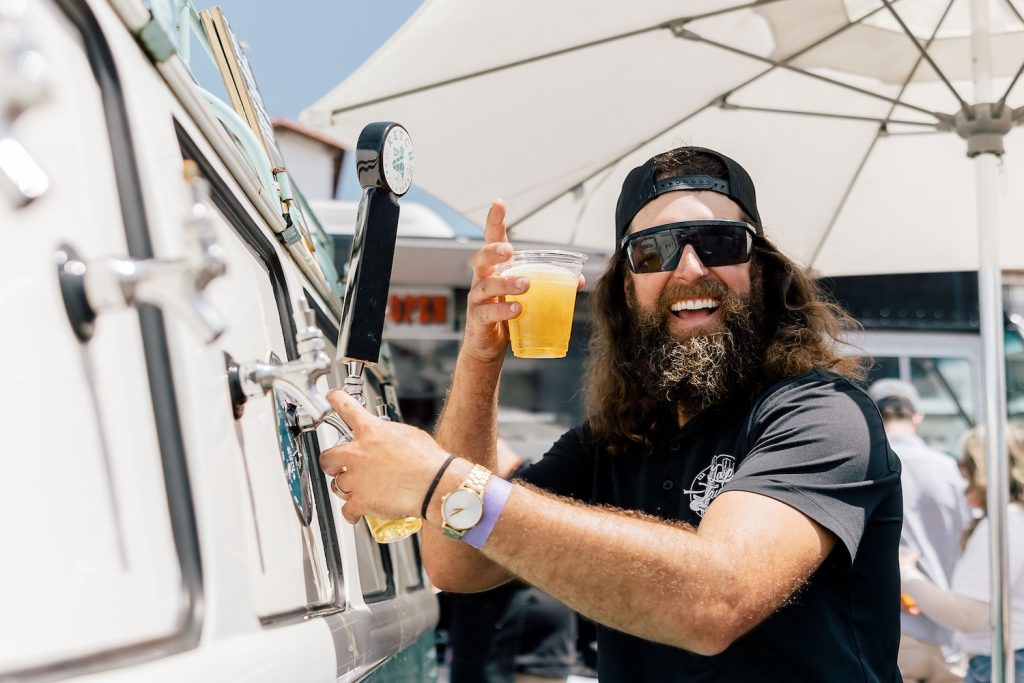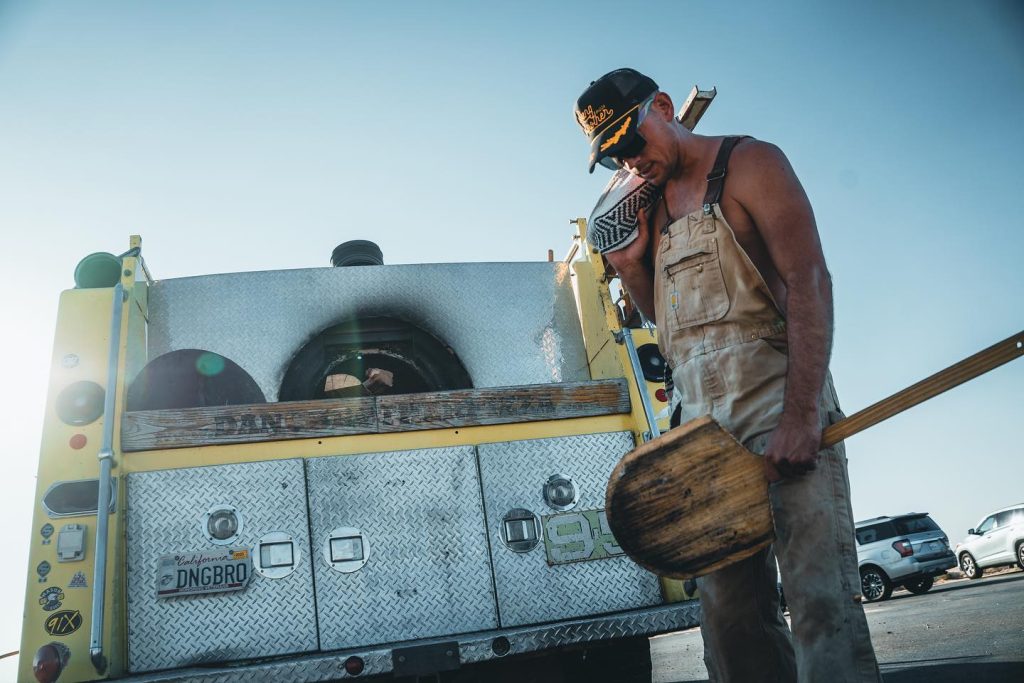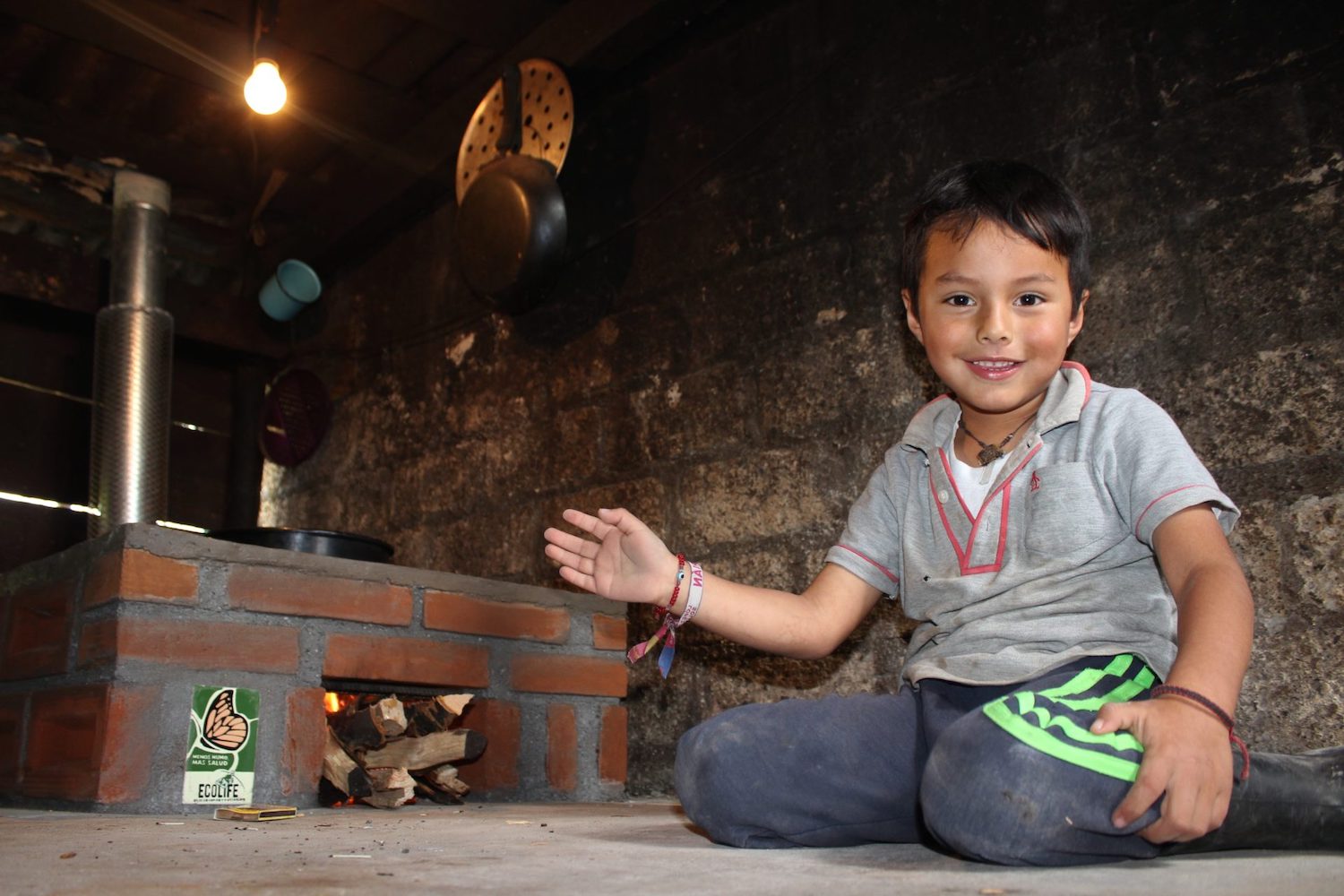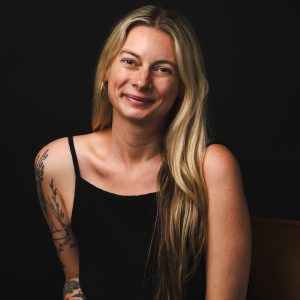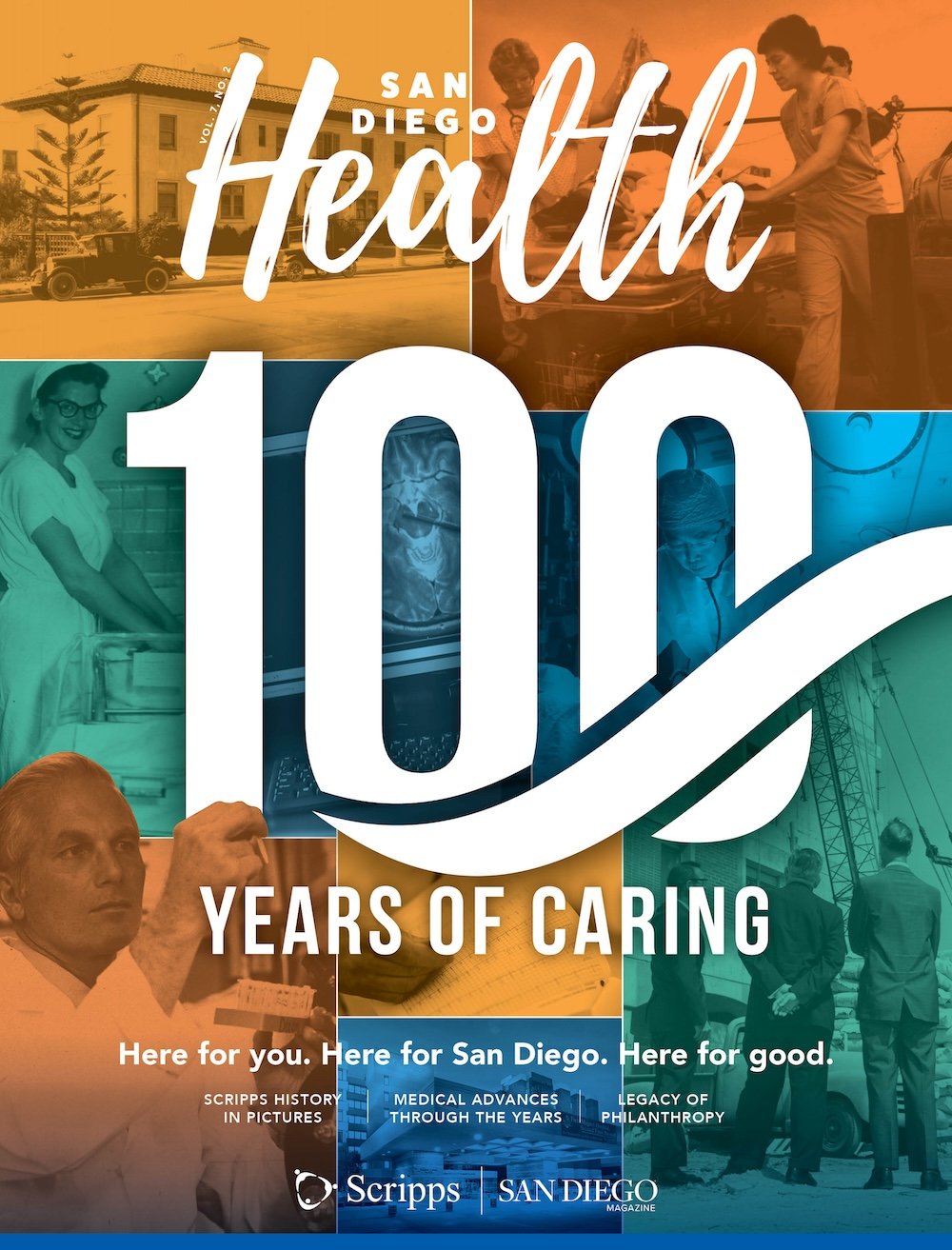This episode of the Happy Half Hour podcast is a real tearjerker—everyone involved cried at least a few times. Our guest is celebrated conservationist Bill Toone, who reflects on the milestones that defined his fascinating career and the experiences that led him to found EcoLife Conservation, an organization that prioritizes improving human lives as a path to protecting nature.
Toone traces his love for animals back to his childhood. A visit to the San Diego Zoo at age 6 sparked an obsession with a baby chicken, leading him to apply for a job at the zoo when he was only 8. Stymied by technicalities like child labor laws, Toone had to wait a bit—he was eventually hired on his 16th birthday.
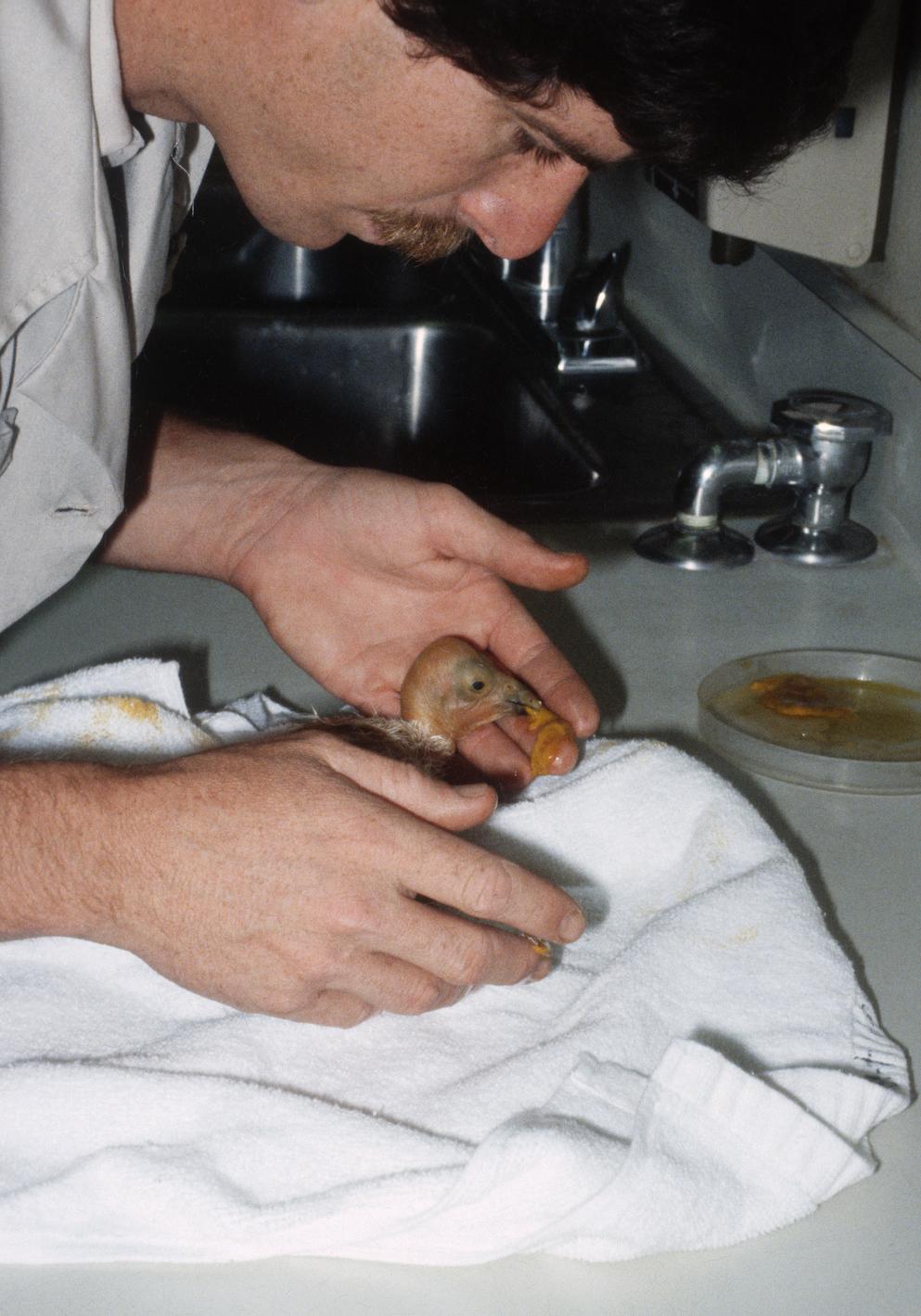
Toone became involved in the California condor recovery program, a project that would define the early years of his career. He helped design and build puppets that mimicked condor parents, ensuring that chicks hatched in captivity would not imprint on humans. This ended up being instrumental in saving the species, culminating in the first successful hatching of a California condor in captivity, a moment that captured media attention globally.
However, Toone’s conservation journey took a dramatic turn when he was asked to lead an expedition across the Masoala Peninsula in Madagascar, one of the most remote and biodiverse regions on Earth. Initially focused on documenting the area’s wildlife, Toone shifted his perspective when he encountered a small village called Antanambao. His experience in the village, particularly his bond with an 18-month-old boy named Emilian, would change his approach to conservation forever.
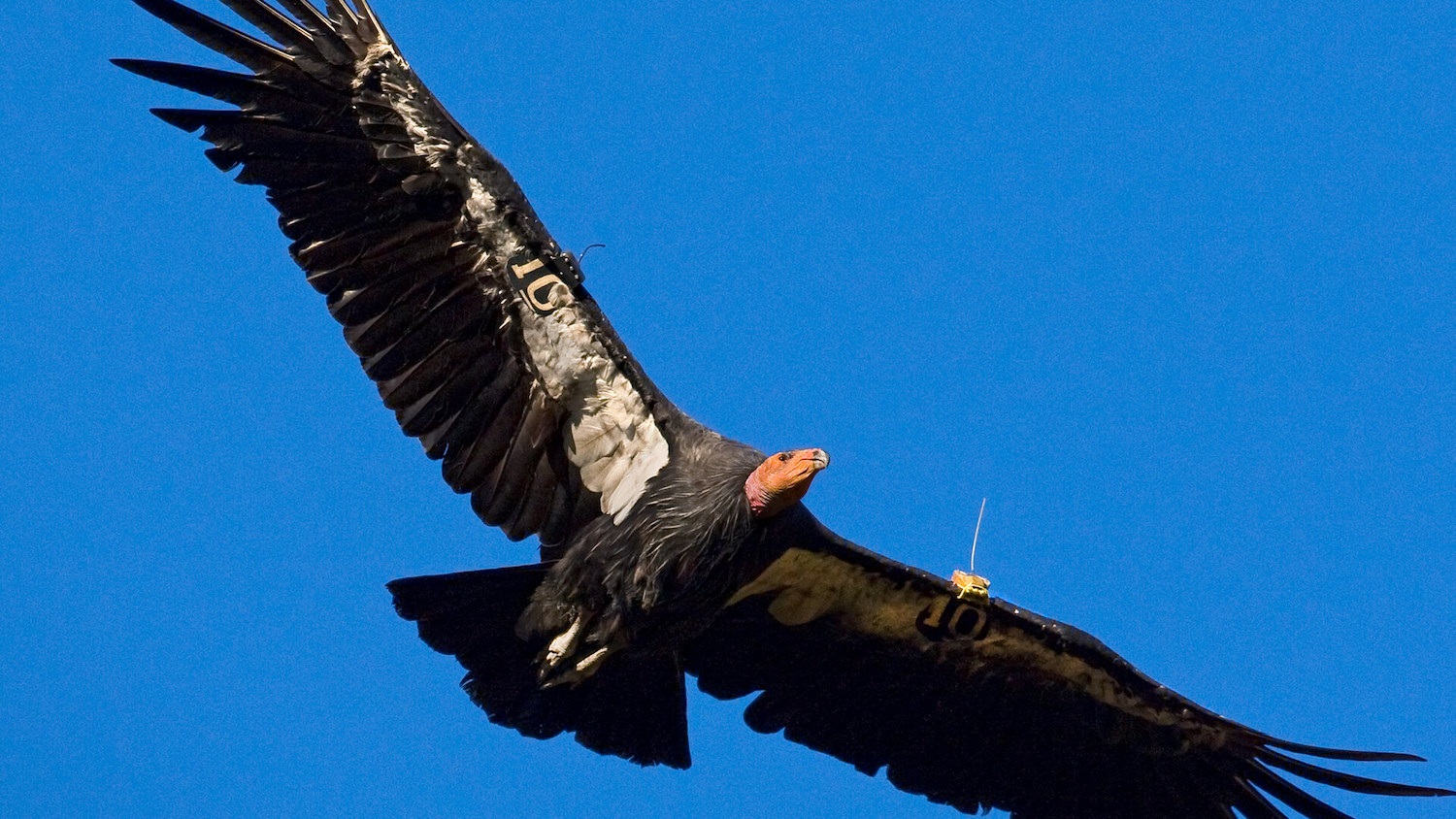
Over time, Toone and his wife, Sunni, became deeply connected to Emilian and the villagers. On the couple’s last night in Antanambao, the villagers presented him with gifts: “Two-hundred people, one at a time, would walk into this circle of fire and give me a gift—a vanilla bean, a leaf, a feather,” he recalls. “We bawled our eyes out.” (We cried on the podcast, too.) The villagers, recognizing the bond between Toone and Emilian, offered to send the child with them, a gesture that left Toone heartbroken when he realized that, of course, they could not take the boy.
Five months later, the village was devastated by a cyclone, which wiped out much of the community. Toone’s desperate attempts to raise funds to help were met with rejection from conservation organizations, who told him, “This is people stuff; it’s not conservation.” The realization of what was happening shattered his belief in the traditional conservation model and led him to rethink his approach. “It broke my heart. It broke my turtle shell, and it destroyed my belief in everything that I had done since I’d gone to school to learn how to do what I was doing,” Toone reflects. This crisis of faith in the conservation community’s priorities led him to found EcoLife Conservation in 2003, with a mission to integrate human well-being into conservation efforts.
EcoLife’s work has since focused on two main areas: promoting sustainable agriculture through aquaponics and providing safe, efficient stoves to reduce indoor air pollution and deaths from cooking fires. According to the World Health Organization, 3.2 million people die prematurely each year from illnesses caused by household air pollution from cooking with solid fuels and kerosene. Toone emphasizes that the solutions EcoLife promotes are not about changing the way people live but about improving it in ways that are culturally appropriate and environmentally sustainable.
The impact of EcoLife’s work has been profound. In the Monarch Butterfly Biosphere Reserve in Mexico, where illegal logging for firewood threatened the butterfly population, EcoLife has provided over 13,500 stoves, saving a half-million trees and enhancing the lives of nearly 100,000 people.
Toone invites listeners to support EcoLife’s mission by attending the org’s fundraising gala on September 14 at Lou Lou’s, the supper club at the LaFayette Hotel. The event will feature live music from Ruby and the Red Hots and stories from EcoLife staff.
We also discuss the news: Ponyboy at the Pearl Hotel and Haven Farm + Table are now open, and the Carlsbad Aquafarm will close its longtime location at the end of this month. Its owners say they are looking to find another space. It felt like San Diego was snubbed in Michelin designations this year—most spots retained their stars, but we didn’t gain any new nods. Finally, Perry’s Cafe shuttered a week early after serving diners for 40 years.
